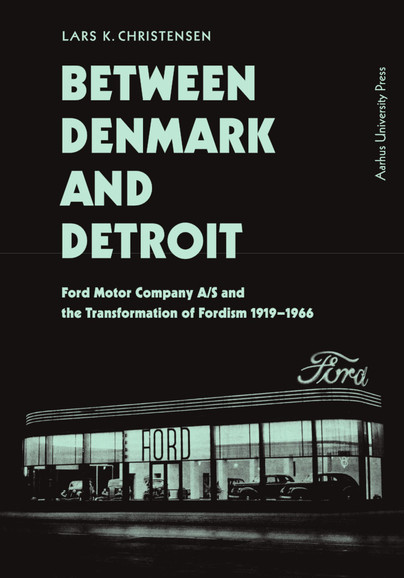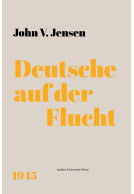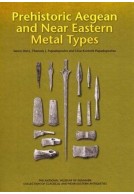Between Denmark and Detroit (Hardback)
Ford Motor Company A/S and the Transformation of Fordism 1919–1966
Imprint: Aarhus University Press
Pages: 542
Illustrations: Illustrations, color
ISBN: 9788771848359
Published: 28th December 2021
Script Academic & Professional
Pages: 542
Illustrations: Illustrations, color
ISBN: 9788771848359
Published: 28th December 2021
Script Academic & Professional
You'll be £46.00 closer to your next £10.00 credit when you purchase Between Denmark and Detroit. What's this?
+£4.99 UK Delivery or free UK delivery if order is over £40
(click here for international delivery rates)
Order within the next 10 hours, 40 minutes to get your order processed the next working day!
Need a currency converter? Check XE.com for live rates
(click here for international delivery rates)
Order within the next 10 hours, 40 minutes to get your order processed the next working day!
Need a currency converter? Check XE.com for live rates
In 1919, the Ford Motor Company – the world’s largest automobile manufacturer – decided to make a small Nordic country its bridgehead to continental Europe. Denmark was a good choice geographically and because of the country’s favourable customs policy. During the 1920s, Ford’s iconic Model T was assembled in Copenhagen, with large quantities exported from there to most of north-eastern Europe. The innovative manufacturing technology employed in Copenhagen was the same as that used in Ford’s American assembly plants, and the Copenhagen plant was actually designed by Albert Kahn – the architect behind Ford’s famous Highland Park factory in Detroit, Michigan.
The Danish Ford Motor Company successfully continued production throughout the recession of the 1930s, the German occupation of Denmark in 1940–1945 and the Cold War and economic boom of the 1950s. The Copenhagen factory closed in 1966, obliged to give way to Ford’s larger operations elsewhere in Europe.
Henry Ford’s pioneering principles of mass production went beyond mere technology. The large-scale serial manufacturing of uniform products was also a way of fulfilling his vision of an affluent consumer society. But as Fordism was relocated across the Atlantic, the rigorous discipline and fast-paced work routines applied in Detroit were challenged by local traditions, shifting market conditions and, most notably, a labour movement that was far more powerful than its American counterpart.
Between Denmark and Detroit offers a detailed history of the Danish Ford Motor Company, but the book also has a wider scope, elucidating the concept of Fordism and how it was transformed by its move across the Atlantic.
Lars K. Christensen holds a PhD in history. He is the author of several publications on labour history and industrial heritage. Presently, he is head of research and cultural heritage at the ROMU museums group.
Other titles in Aarhus University Press...













